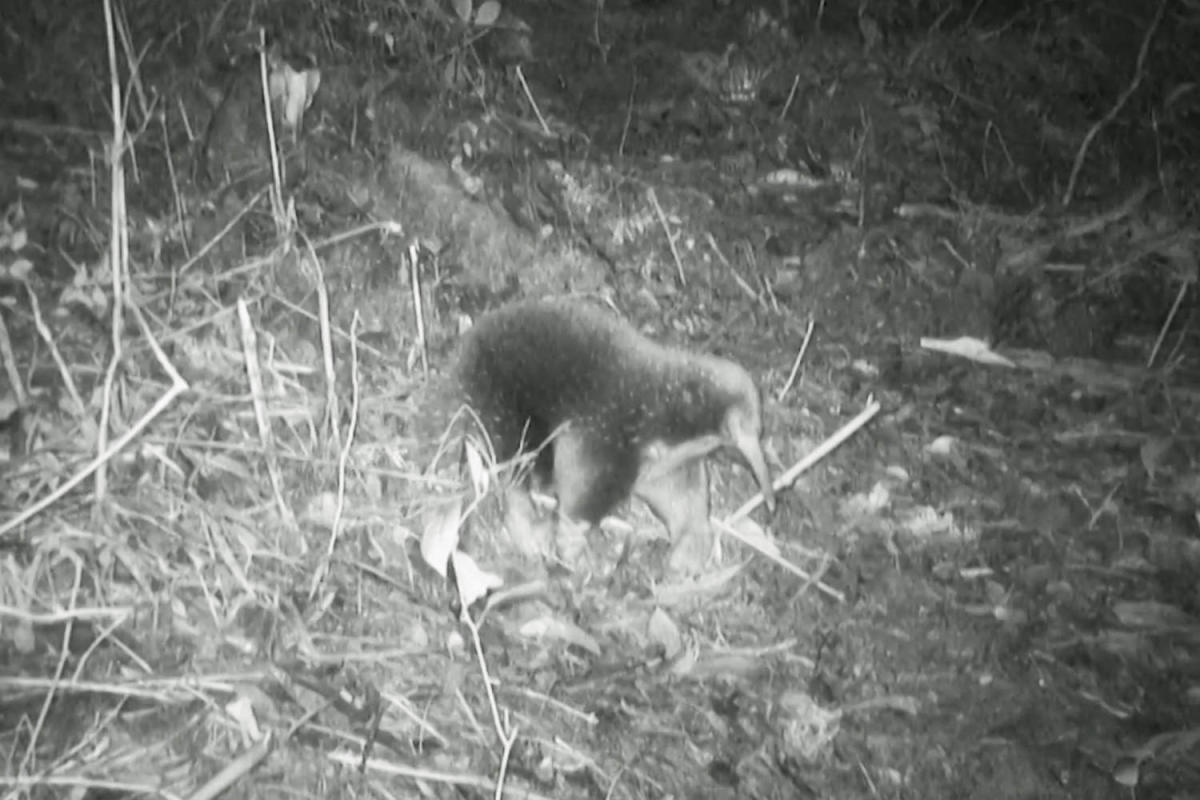An unpredictable, perilous mountain range in Indonesia’s remote province of Papua held an unexpected surprise: the rediscovery of a critically endangered egg-laying mammal, unseen for over 60 years.
The researchers of Expedition Cyclops state that Attenborough’s long-beaked echidna serves as a symbol of the rich biodiversity found in Indonesia’s Cyclops Mountains. Battling malaria and earthquakes for nine weeks, a 25-person crew had many challenges, with one student researcher even enduring a 33-hour leech-in-eye incident.
“Climbing those mountains I like to think of as climbing a ladder whose rungs are made of rotting wood, with rails cladded in spikes and thorns, and a frame shrouded by sunken vines and falling rocks,” described team leader James Kempton of Oxford.
The less than 90-square-mile mountain range has long been plagued by illegal hunting. As the sole habitat for Attenborough’s long-beaked echidna, it is crucial to the survival of this critically endangered species, listed on the International Union for the Conservation of Nature’s Red List of Threatened Species. The team deployed over 30 camera traps to find the echidna, suspecting its presence due to holes in the ground used by the animal when foraging for worms. On the last day, the expedition finally found the echidna on the last SD card.
Kempton anticipates that the echidna’s critically endangered status will persist for some time and is not safeguarded under Indonesian law. This is why Expedition Cyclops partnered with more than six local partners, including Indigenous groups, students, and government organizations. This collaboration aims to change the species’ status and provide them protection under the law.
The rediscovery of Attenborough’s long-beaked echidna was just one of the expedition’s goals. As researchers investigated the origins of the Cyclops Mountains’ biodiversity, they found numerous new insect species, at least two frog species, and a new land and tree-dwelling shrimp species.
Kempton hopes these findings will enable local partners to obtain funding to research and safeguard the Cyclops Mountains, highlighting the urgent need to protect the unique and fragile evolutionary history of the 200-million-year-old guardian species. Monotremes, such as the echidna, represent the only mammalian group that lays eggs, and their existence shapes biological history in a way that cannot be replaced.
The journey into the Cyclops Mountains also led to the rediscovery of Mayr’s honeyeater, a bird species not seen for 15 years.
(Source: NBCNews.com)


